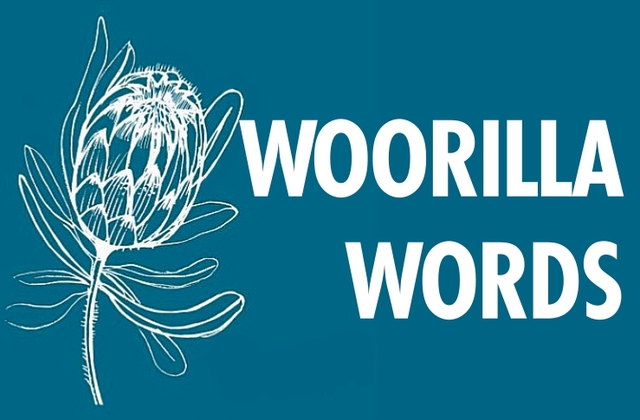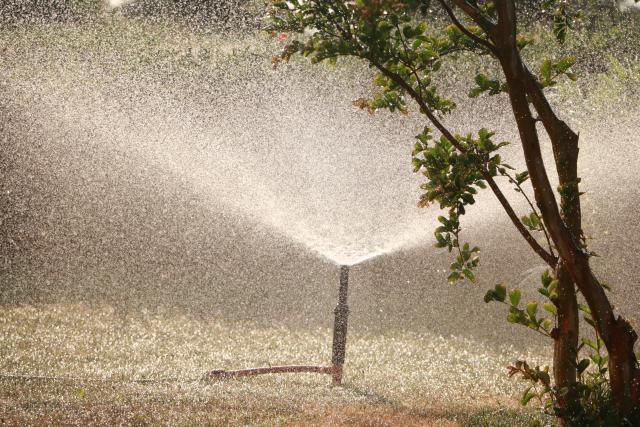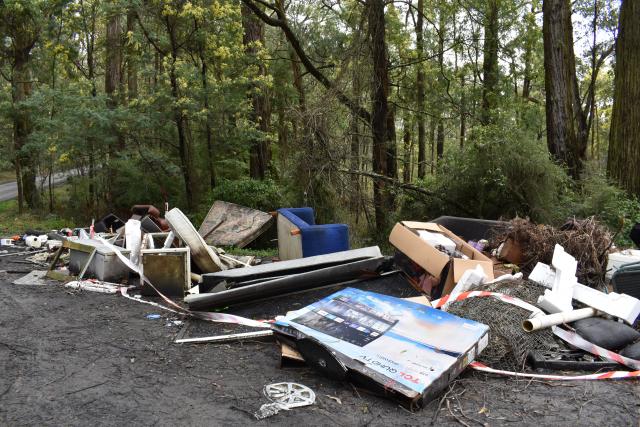The Child is father of the Man; William Wordsworth
It is a sad reflection on our society that the welfare of our young has not been forefront in government policy.
The welfare of our youth is essential because they are not only our present responsibility but our future foundation.
Ensuring their health, education, and wellbeing not only helps them reach full potential but also builds a more resilient, fair, safe and prosperous society for all.
To neglect our youth is to weaken the future; to invest in them is to secure it.
Children and young people don’t choose the circumstances they are born into.
Looking after their welfare is a moral duty to ensure fairness across generations.
Daily headlines of disaffected youth terrorizing innocent people are surely telling us that we are failing them.
Youth who feel included and supported are less likely to disengage, fall into cycles of poverty, or turn to crime.
Protecting their welfare strengthens community bonds.
How we care for our youth should be a national priority.
As Kahlil Gibran’s take on parenthood and legacy suggests children are the embodiment of the future: Your children are not your children. They are the sons and daughters of Life’s longing for itself.”
Last week a group of 30 handpicked attendees including leaders from business, unions, civil society, government, and academia met at the invitation of Jim Chalmers at the Economic Reform Roundtable to tackle what was described as Australia’s productivity problem, designed to drive reform in Australia.
The summit succeeded in building goodwill and generating momentum in areas like housing regulation reform, super fund investment, tariff reduction, and skills development.
But it stopped short of delivering binding policy commitments — especially on tax reform, an area where the young bear the brunt of a system that rewards older people.
Using very strong language Ken Henry, a former Secretary of the Department of the Treasury has been calling out what is happening to our youth.
He’s called it: “Reckless indifference, perhaps. Wilful acts of bastardry, more likely.”
This phrase was used to describe how governments and vested interests have allowed intergenerational inequality to flourish.
Think of the current generation of 20 something who have not only had their education disrupted by Covid, but are also being “robbed” by a system increasingly reliant on taxing young wage earners and sustaining benefits for older generations and entrenched interests.
If they aspire to higher education, they are punished with a crippling debt.
And on top of everything, they will be the ones left to face environmental and climate costs.
It was evident that the bold measures proposed by Bill Shorten and roundly defeated at the 2019 election were not going to be revisited at this stage.
Long before the summit, the media has been running with dire warnings of the drop in Australians’ standard of living and how people were ‘doing it tough’ reflected in the downturns experienced by retail and other small businesses.
And indeed many household have been experiencing mortgage stress and cost of living pressures.
Others have faced the uncertainties and rising costs of renting and the unsettling effect of this on children.
our neighbours face appears above the fence – hello. …
our neighbours are told to leave. …
our neighbours try to buy their house at an exorbitant price to keep their kids in the school zone. …
our neighbours are denied.
Our Neighbours” by Ender Başkan (2023)
The increase in the number of homeless, particularly young people, in a rich country is unfathomable and distressing.
Nowhere is the injustice more visible than in the policy failure that limits young people’s ability to buy homes as a basis to form stable relationships and raise families.
In Dream Deferred” poet Langston Hughes poses a powerful reflection on what happens when youthful dreams are postponed or denied:
What happens to a dream deferred? / … Does it dry up like a raisin in the sun?
The summit avoided any discussions of bold reforms and the tough questions have been left blowing in the wind.
Though there has been much talk about falling standard of living, few talk about quality of life.
These two terms have often been used interchangeably in casual conversation but in economics and social policy they are two different things.
While standard of living measures what people have, quality of life measures how people feel about their lives.
It is depressing to listen to the often sense of disaffection among the young.
The question for Australia in the 21st century is not just how we can become richer: it is how we can build a flourishing society — one devoted to improving the wellbeing of all, particularly our youth rather than just expanding the economy for the few.
O what is youth?
It is a shining star,
It is a fleeting thing,
A flame that burns so bright
Youth by Christina Rossetti
Christina Rossetti’s Youth reflects on the brightness and briefness of youth. Rossetti personifies youth as a shining star, a metaphor for the energy, brilliance, and vitality that come with being young.
We must harness this energy.
Woorilla Poetry prize is receiving submissions: woorilla.org.au







